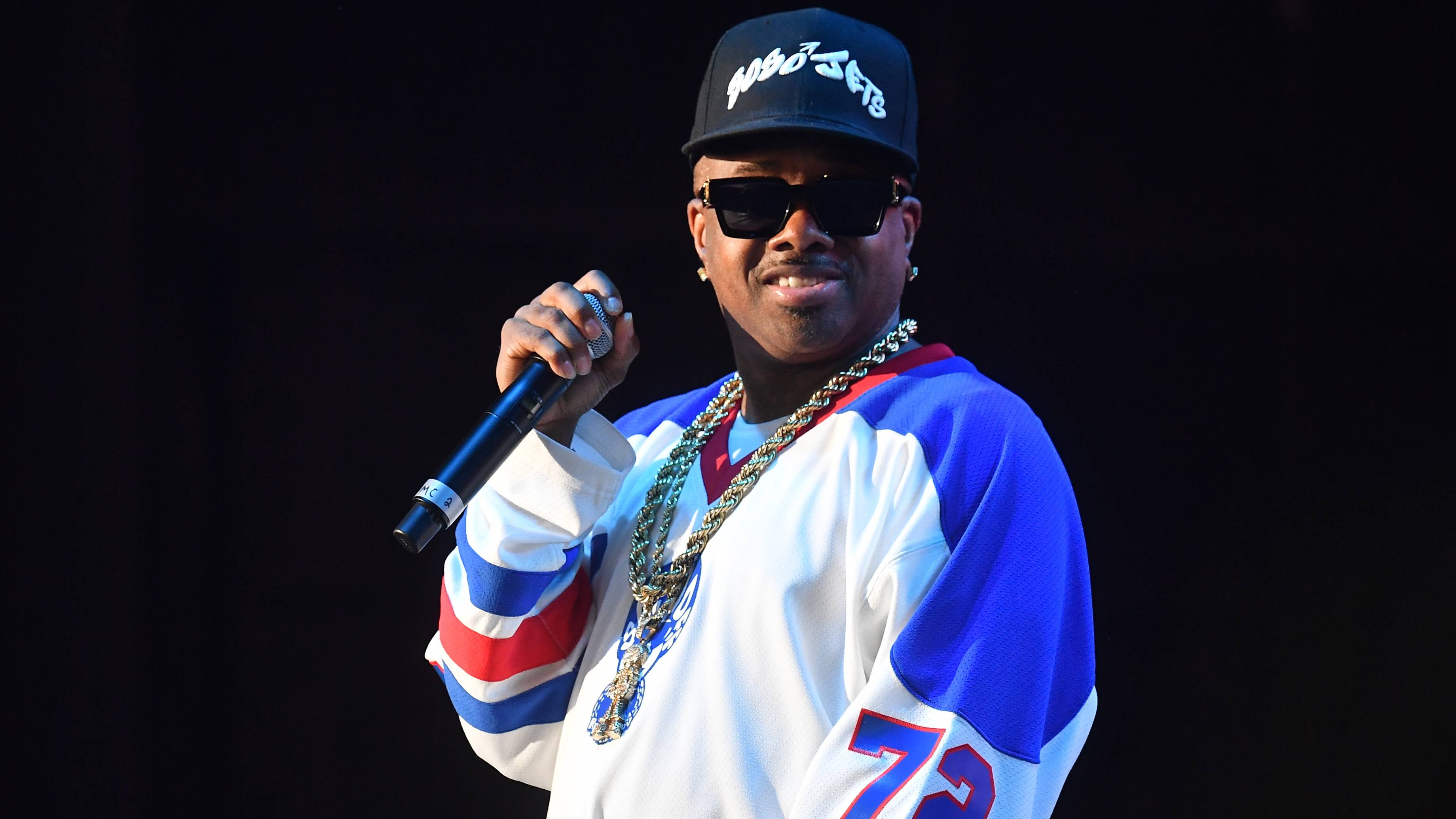How a Holiday Classic from Prince Expresses How Black Men Process Loneliness

In his sadly emotional but classic holiday ballad, “Another Lonely Christmas,” the legendary Prince sings about the suffering he contends with each year due to the loss of someone special to him.
The record, an often-overlooked jewel in Prince’s crown, was released in 1984 as one of several B-sides to songs on his “Purple Rain” LP. It talks about a lover who died on Christmas Day several years prior as he remembers the passion they shared, only to be cut short by her death. The loss leaves him alone, and unable to connect to anyone else.
The narrative is a far cry from the predominant rhetoric for this time of year which embodies a sentiment of pleasure and glee. We use words like, “joy,” “merry.” “happy,” and “jolly,” to characterize the expected mood that will be experienced. While this is probably accurate for most people, we have to acknowledge that it doesn’t address the reality that there are alternate experiences for others.
The task of managing our mood during the holidays can be difficult if we have to do so in isolation, and for a particular subset of the human population, men, and more specifically Black men, having to do this exact thing is a bit more common than you’d think. From a young age, boys are taught to be strong, independent, and stoic, leaving little room for the open expression of emotions.
This can lead to a profound sense of isolation as men internalize their struggles, fearing judgment or rejection if they were to share their true feelings, in other words they suffer in silence and can only find expression in reflection. The sentiment was not lost on Prince when he sang “Baby you promised me you'd never leave, then you died on the twenty-fifth day of December…”
The holidays are a time reflection and the prevailing belief is probably one that suggests that the reflection will be focused on all the good that one possesses in life. In reality the reflection probably exists more on a spectrum that ranges from happiness and good times to what is missing and what has been lost. NAMI, the National Alliance on Mental Health, even published an article talking about the prevalence of the not so pleasant end of that spectrum, which they identify as the “holiday blues,” that includes tips and tools to better manage it.
The problem is that loneliness, when left unaddressed, can have severe consequences. Harvard University’s Study on Adult Development, is one of the longest-running studies on human happiness and health, and offers a unique lens into the lives of men over several decades.
Initiated in 1938, the study has followed the lives of hundreds of men, tracking their physical health, mental well-being, and the factors influencing their life satisfaction. Surprisingly, one recurring theme that emerges from this comprehensive study is the prevalence of loneliness among men and the negative impact it has on overall health and wellness.
The connection between loneliness and mental health issues, including depression and anxiety, is well-established. However, the link between loneliness and suicide in middle-aged men is particularly alarming.
According to data from the Centers for Disease Control and Prevention (CDC), suicide rates have been on the rise in the United States, with Black and middle-aged men being disproportionately affected. In addition, psychologist Julianne Holt-Lunstad has found that a lack of social connection, or loneliness, can lead to similar mortality rates as obesity, living a primarily sedentary lifestyle, and even smoking 15 cigarettes a day!
The Harvard Study on Adult Development reinforces these findings, revealing a clear correlation between social isolation and increased mortality rates. Men grappling with loneliness are not only at risk of mental health challenges but also face a higher likelihood of premature death. The reluctance to seek support further compounds these risks, as men may avoid professional help due to stigma or a perceived failure to meet societal expectations.
As men navigate the challenges of adulthood, societal expectations often shape their behavior and emotional expression and can discourage men from expressing vulnerability and seeking emotional support.
The adage “don’t judge a book by its cover” is appropriate here. Men might not be the most vocal in sharing their internal emotional experience, for a variety of reasons, and that doesn’t mean that they aren’t having one. As we encourage men to unlearn some behaviors that prevent them from getting the connection that they may desperately need, it can be beneficial and feel safer for them if someone in their social ecosystem makes the first move.
Meanwhile, this holiday we can take the lesson taught by Prince, who we lost in 2016, on what it’s like for a man who lives a lonely existence and understand that men feel the vulnerabilities he expressed in his song, and connect to those who are experiencing this condition.
Stevon Lewis is a Los Angeles-based speaker, author, licensed psychotherapist specializing in the treatment of Impostor Syndrome, and the host of the podcast, "How to Talk to High Achievers About Anything," produced by LWC Studios. Learn more about him at his website: StevonLewis.com.





